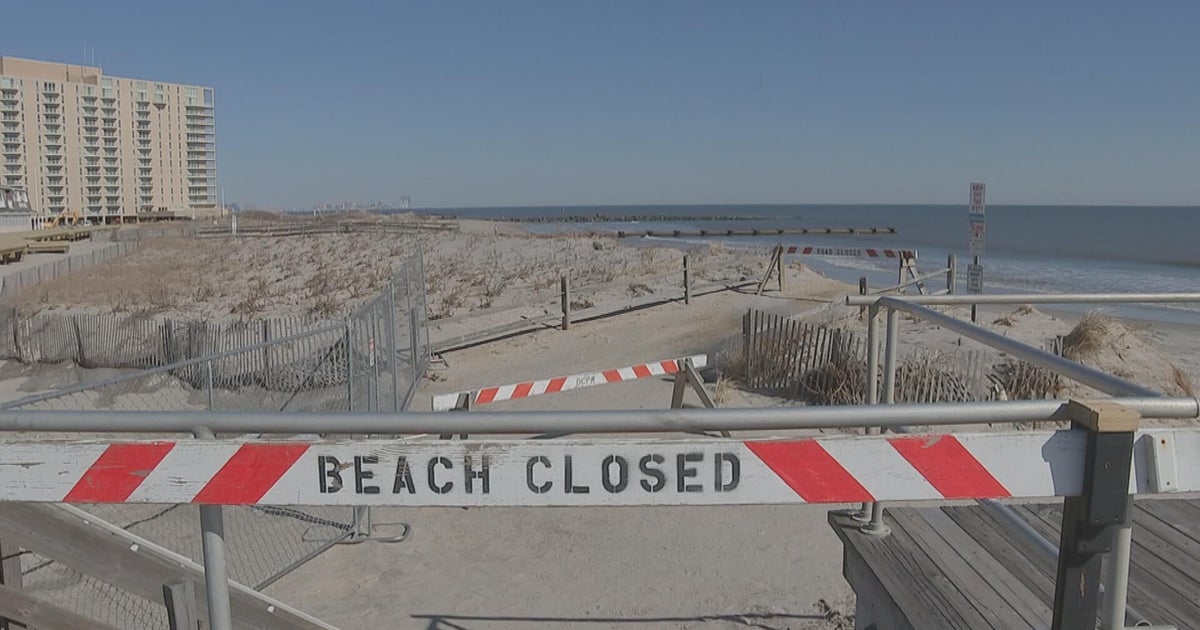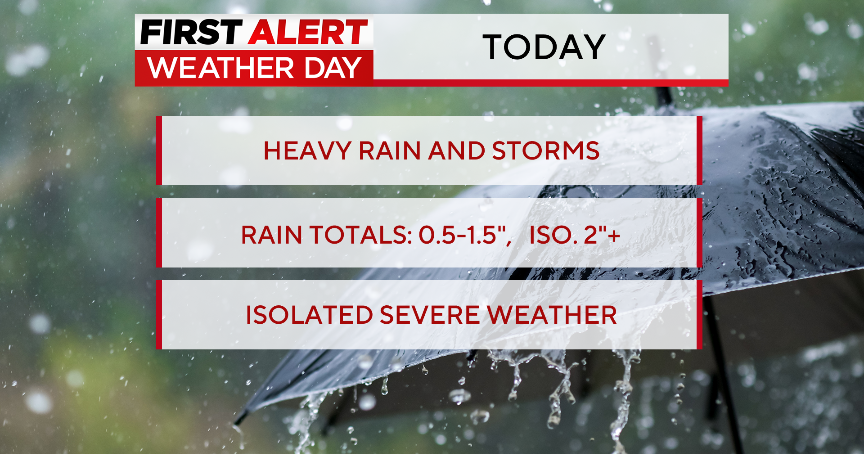Lee causing dangerous surf, rip currents at NJ, DE beaches
PHILADELPHIA (CBS) -- Restrictions are in place at multiple beaches in our region as Lee, now a post-tropical cyclone, approaches New England and Canada hundreds of miles off the coast, bringing high surf and rip currents.
Lee is still capable of producing hurricane-force winds. And hundreds of miles away, the Delaware beaches and the Jersey Shore are feeling effects of the storm.
The National Weather Service continued its words of caution on Saturday for waves breaking up to eight feet and dangerous rip currents that "can sweep even the best swimmers away from shore into deeper water."
A High Surf Advisory is in effect until 6 p.m. Saturday and high rip current risk remains in effect through Saturday night.
Many beaches are unguarded after Labor Day, and the simple message from many Shore towns was this: stay out of the water.
"This is wild, I wouldn't even step my foot in there," Christina Riddle said. "It's too dangerous."
In Ocean City, Tony Leone's family was enjoying a wedding weekend, but keeping their feet planted in the sand. They'll just be watching the waves from a distance.
"I've been coming here with my family for probably upwards of 45 years and I've never seen the waves this big," Leone said.
Cape May, NJ beaches closed
In Cape May, beaches are closed due to the dangerous conditions, the city's Office of Emergency Management said.
Ocean City officials also prohibited swimming at local beaches on Saturday due to the choppy waves and rip currents courtesy of post-tropical cyclone Lee.
Signs are posted warning beachgoers they can be on the sand, but cannot go in the water.
In these conditions, it's not even safe to go knee-deep in the water, Cape May Beach Patrol Chief Harry Back said.
"You could be in knee-deep water and if you get knocked down by one of those waves, it's going to sweep you right into that rip current that's going to pull someone right out to sea, so it happens in a matter of seconds," Back said.
Seaside Heights is warning visitors to "STAY OUT. STAY ALIVE" and will issue fines between $100 and $1,250 to anyone who swims without a lifeguard present.
Red flag conditions were in place beginning Thursday in Rehoboth Beach, Delaware. Visitors were only permitted to go into the water up to their knees Thursday.
Forecasters say the center of Lee is expected to make landfall in New England and Atlantic Canada on Saturday and then turn northeast.
Rip currents fatal over Labor Day Weekend in New Jersey and Delaware
At least three swimmers were killed in New Jersey over Labor Day Weekend due to rip currents and high surf conditions created by Hurricanes Franklin and Idalia.
Meteorologist Tammie Souza chats about high rip current risk this weekend
Rough waters hazardous for small boats
A Small Craft Advisory is also in place along the coasts, NWS says.
The ocean conditions are hazardous for inexperienced mariners.
What is a rip current?
A rip current is a powerful force that can pull swimmers out away from the shoreline.
According to the National Ocean Service, some rip currents are measured at eight feet per second, faster than any Olympic swimmer on record.
Swimming against a rip current can tire swimmers out and lead to tragedy.
If you are caught in a rip current, you have to swim parallel to the shore to get out. Most rip currents are less than 80 feet wide, according to NOS.
"The most important thing to remember if you are ever caught in a rip current is not to panic," the National Ocean Service website says. "Continue to breathe, try to keep your head above water, and don't exhaust yourself fighting against the force of the current."







